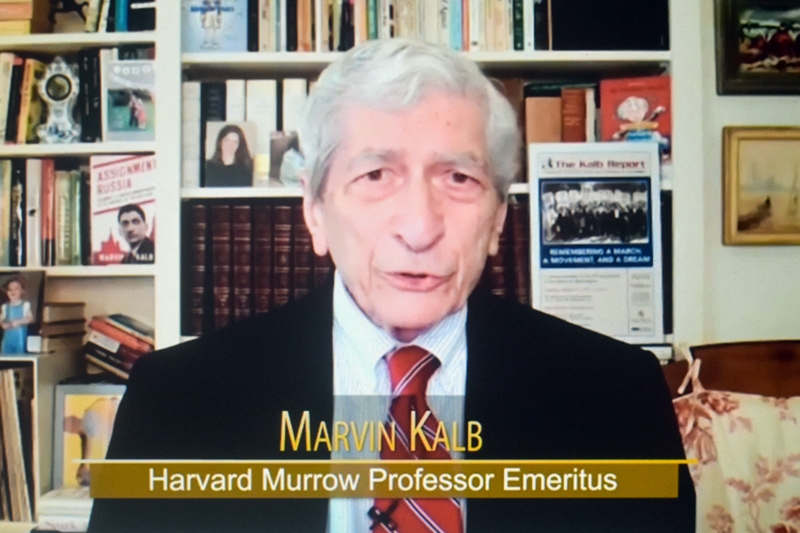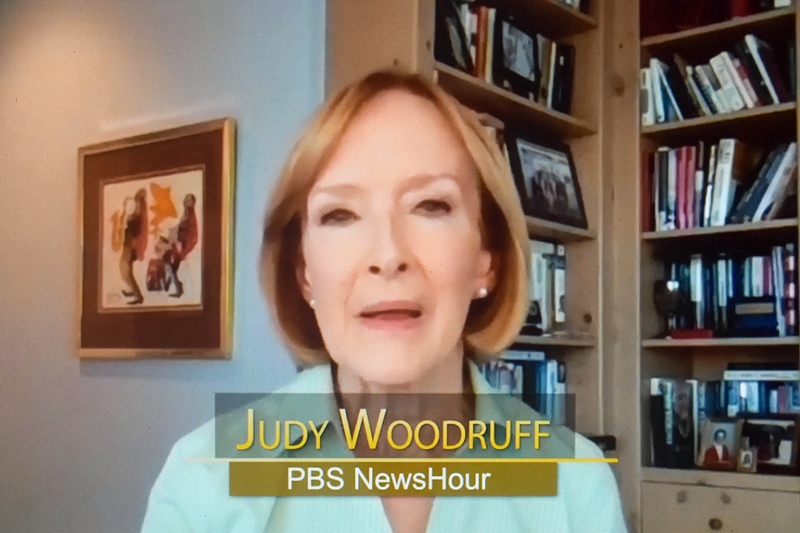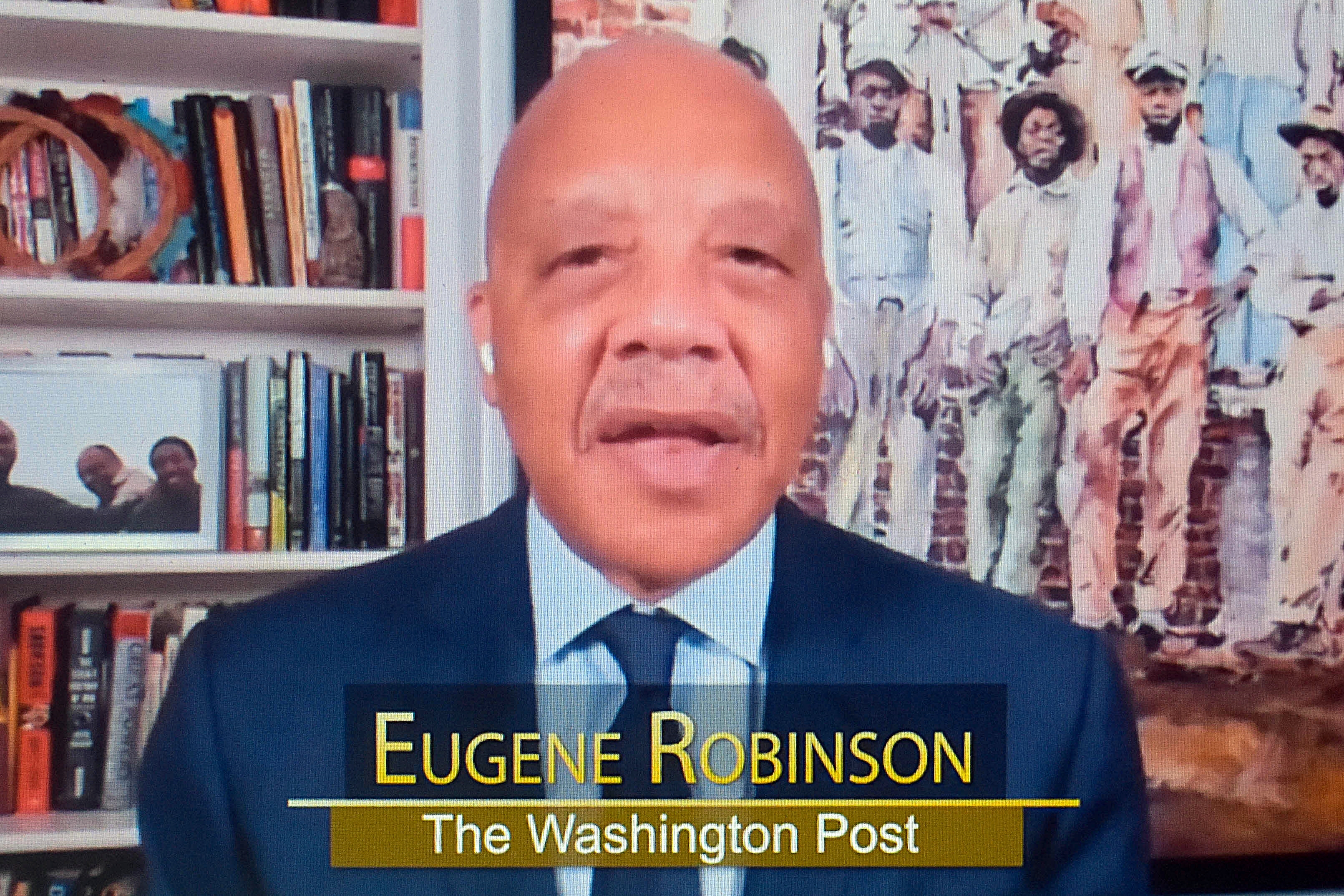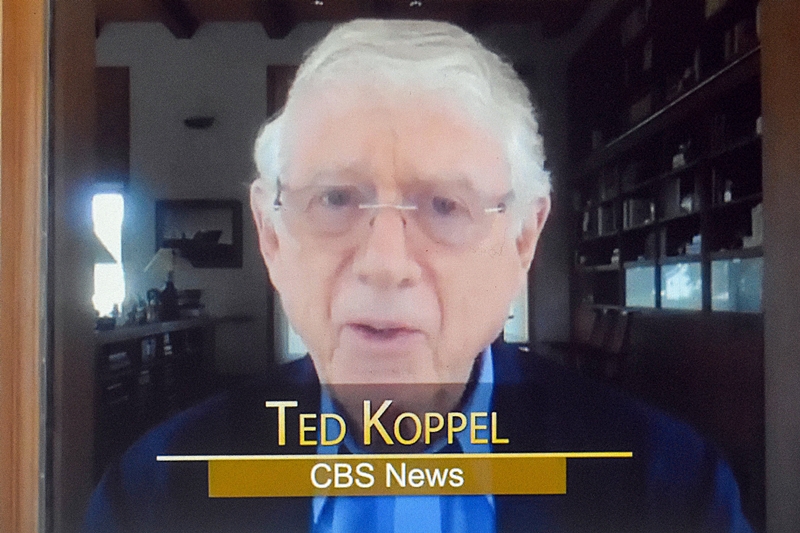“Without that commonly accepted understanding of basic truths, basic facts on which we base our government’s decisions, how do we maintain and then sustain a viable, functioning democracy?” Kalb asked.
After more than five years of basic truth and facts seemingly up for grabs, Kalb wanted his guests to explore how the news media can help sustain democracy when a large portion of the electorate no longer believes it.




